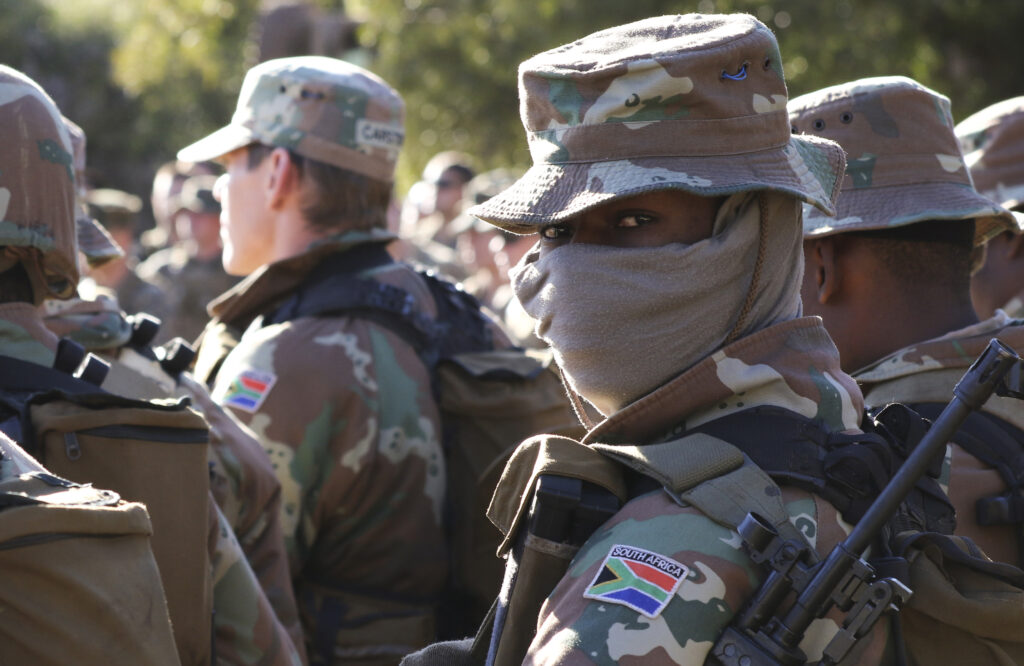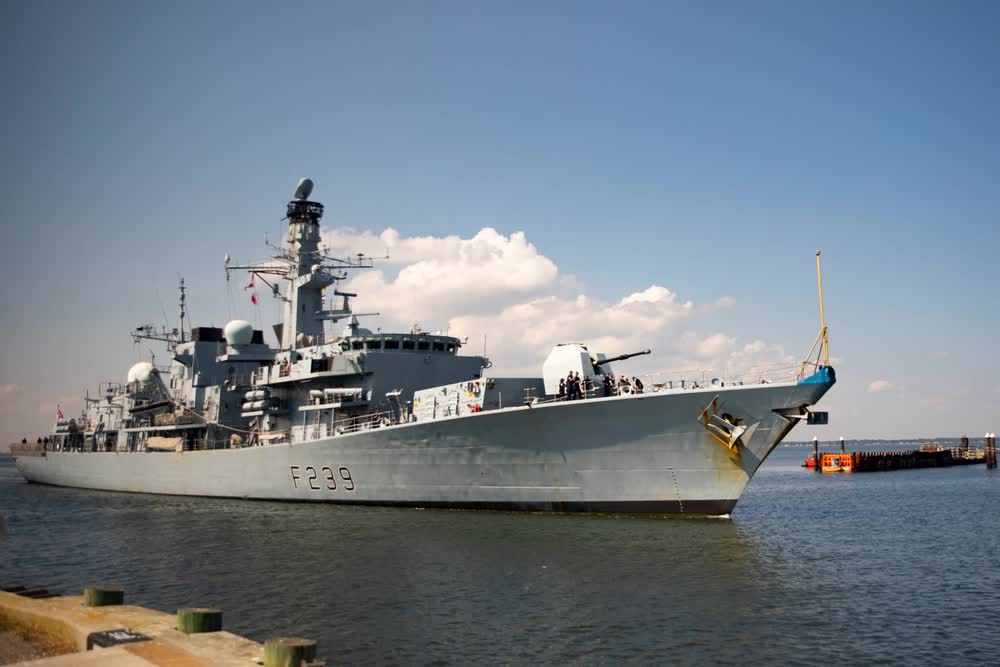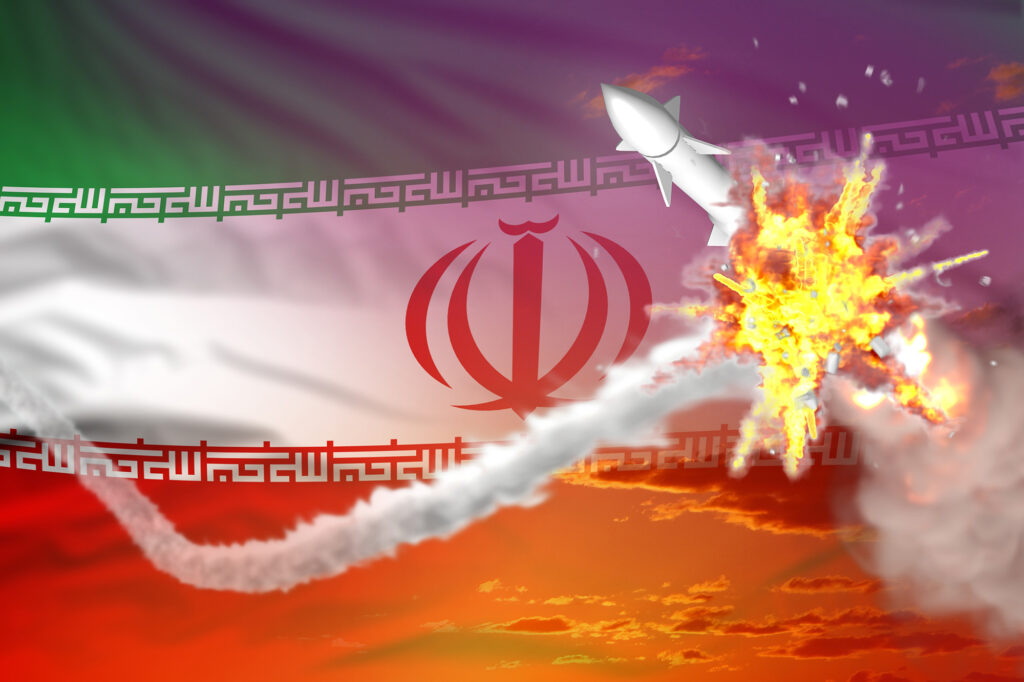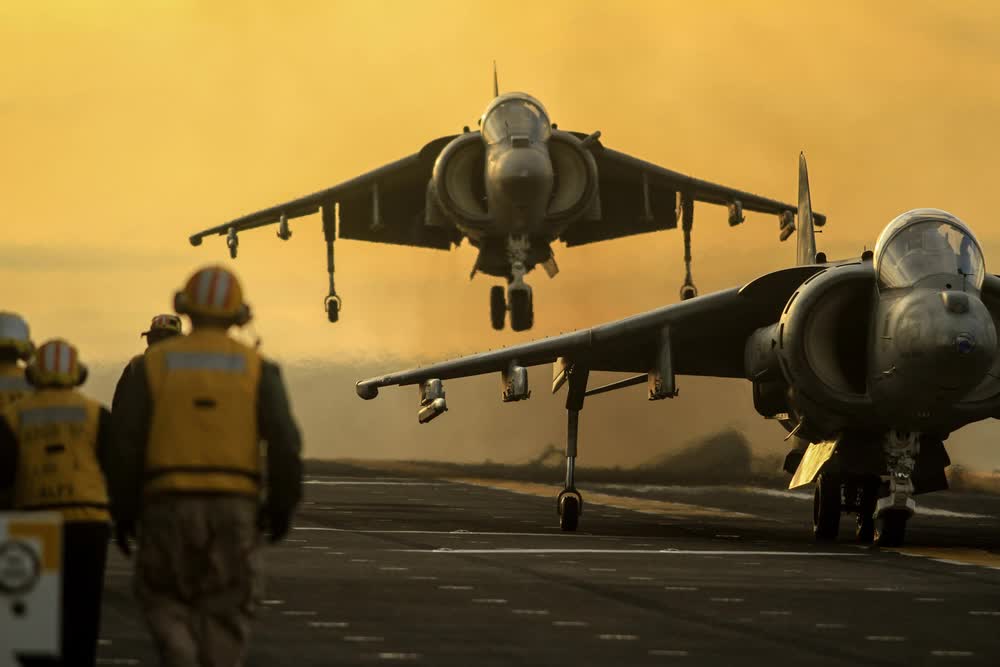America’s ongoing strategic shift back toward great power competition is often thought of in terms of conflict in the Pacific or Europe, but as the U.S. and its near-peer rivals jockey for resources and influence, it may ultimately be Africa that chooses the winners and losers.
Africa presents both an opportunity and a challenge for the future of technology, economics, and global power dynamics. With its resource-rich lands, growing geopolitical significance, and population set to outpace the rest of the world, the continent is undeniably on the rise. However, with growth comes risk, particularly in the realms of security and geopolitics.
China’s growing presence in Africa
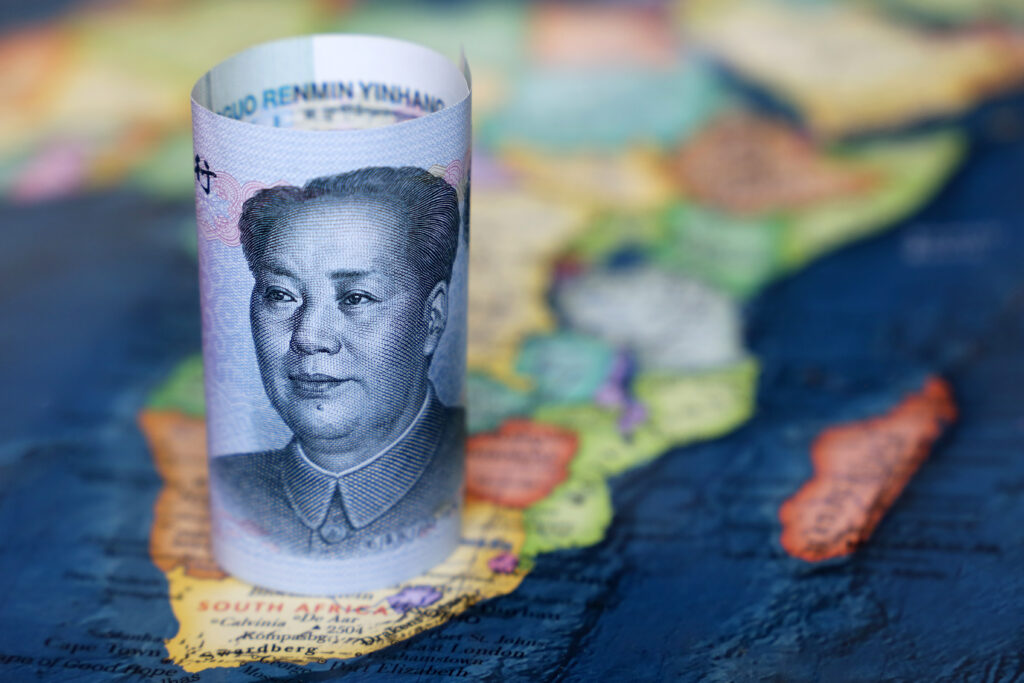
Over the past decade, China significantly increased its presence in Africa, primarily through investments in infrastructure, mining, and trade as part of Beijing’s Belt and Road Initiative. These investments underscore Beijing’s long-term vision for the continent.
Although African countries are becoming wary of Chinese intentions and tactics, African leaders know that trade links and investments in infrastructure are both needed and beneficial to growth. China has also recognized the significant weight that African countries collectively hold in international organizations. As a result, it has attempted to leverage African voting power in its campaign of international “lawfare.” Lawfare, in this context, can be seen as similar to warfare, but while warfare may be defined as the use of military means to achieve strategic ends, lawfare involves the manipulation of internationally recognized legal norms and even definitions to achieve similar goals.
The West is now renewing its emphasis on countering China’s deep and expanding influence in the continent by bolstering diplomatic relations, trade agreements, and military partnerships. India, Turkey, and Russia, among others, are also marking their presence in the region, making Africa’s geopolitical landscape multifaceted and vulnerable to the geopolitical maneuvering of these giants.
Related: Plausible deniability: Russian Mercenaries in the Central African Republic
With vital resources comes an increased risk of conflict
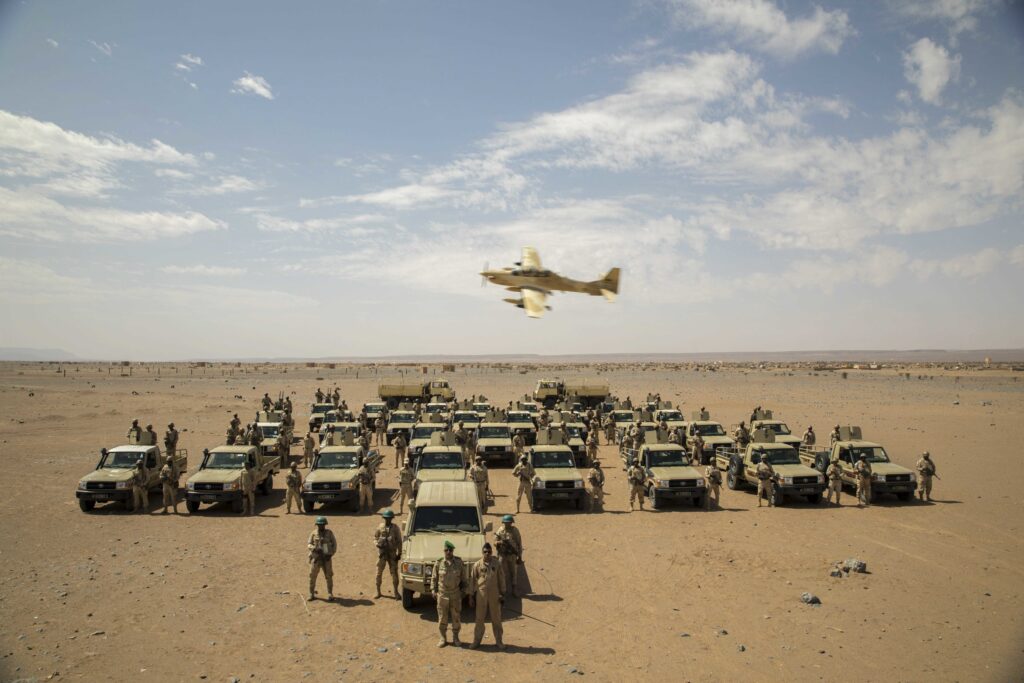
As global players vie for Africa’s resources, notably rare earth elements vital for emerging technologies, the potential for resource-driven conflicts increases. Further, African states could find themselves competing with one another for control over resource-rich regions. This competition could escalate into interstate conflicts and might involve border disputes and territorial claims.
Resource competition could also fuel conflicts within countries. Ethnic or tribal groups may fight over control of resource-rich areas, and terrorist or rebel groups may look to fund their activities through resource extraction and smuggling. Moreover, external interests, combined with the proliferation of high-end weapons supplied by countries like Russia, China, and the U.S., could create the conditions for proxy wars.
Related: The state of America’s military presence in Africa
The impact of terrorism
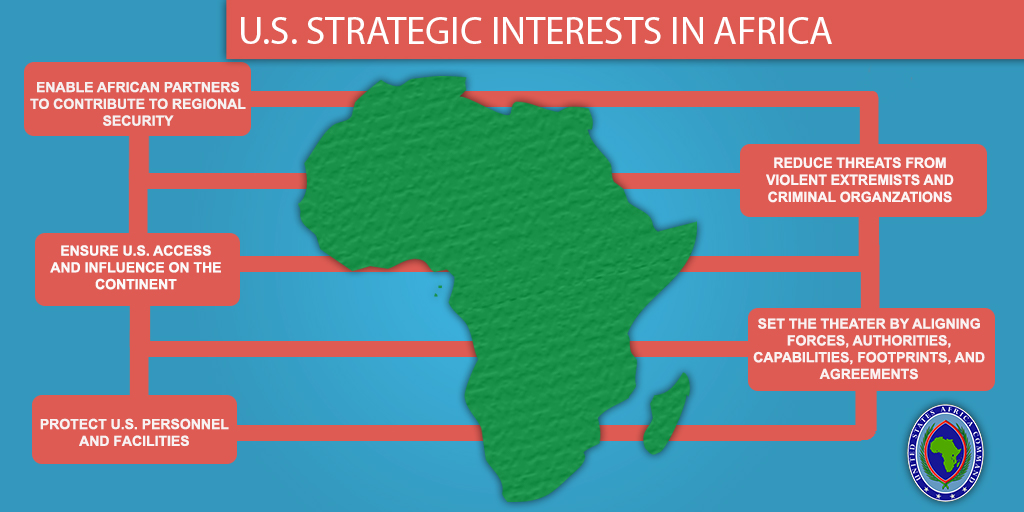
Terrorist groups, notably Boko Haram, al-Shabaab, and growing numbers of ISIS and al-Qaeda affiliates, while having a limited impact outside their regional strongholds, pose significant threats to local economies that can reverberate throughout the region.
Terrorism can also substantially impact the confidence of foreign investors in the continent, which, in turn, limits development.
Currently, terrorism is thriving in the Sahel region and could continue to expand as U.S. counter-terrorism efforts in Africa have taken somewhat of a backseat to broader strategic competition.
The complexity and importance of Africa’s future cannot be understated. While the continent holds immense promise, both internal and external factors will determine its path. For military leaders, Africa should not be left as an afterthought.
Read more from Sandboxx News
- If you’re a veteran, stop thinking that Veterans Day is all about you
- Another one bites the dust: Ukrainian long-range strikes take out another Russian warship
- These are 3 popular misconceptions about the Navy SEALs
- You’re probably thinking of missile costs all wrong
- China presents an ‘urgent challenge’ Pentagon’s new weapons of mass destruction strategy says
